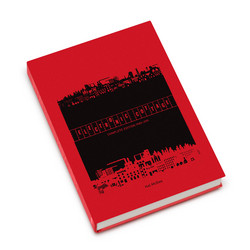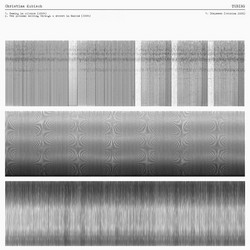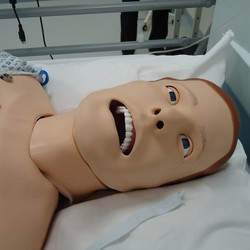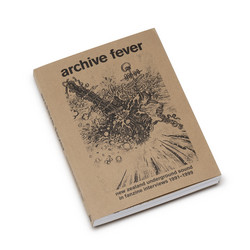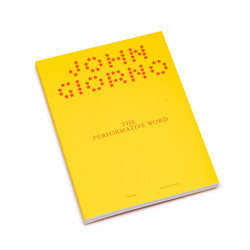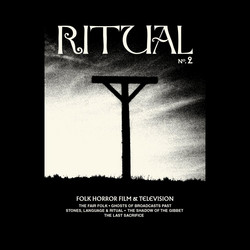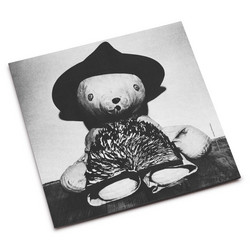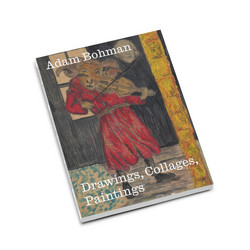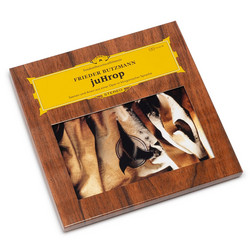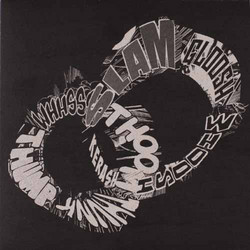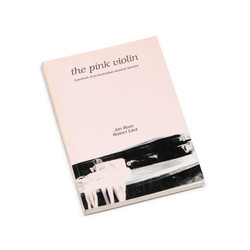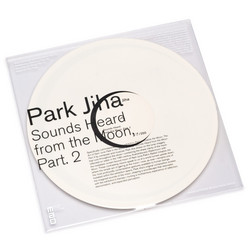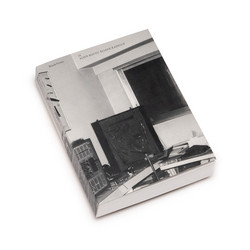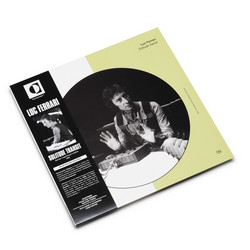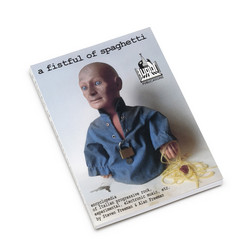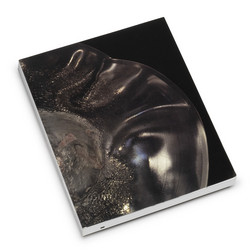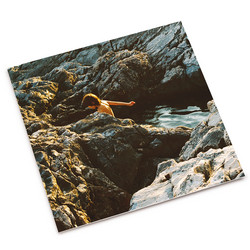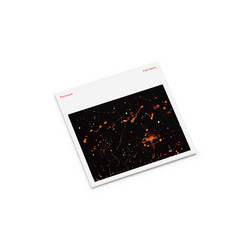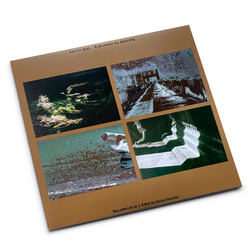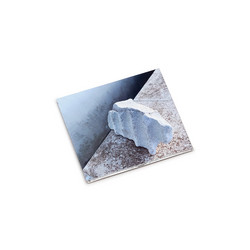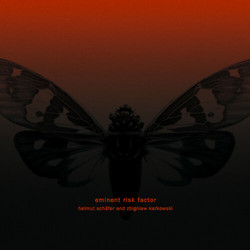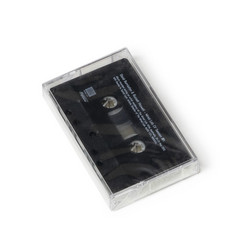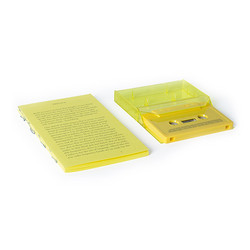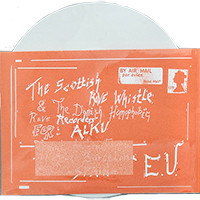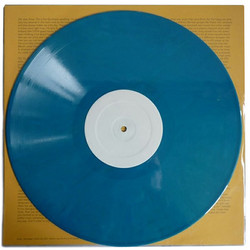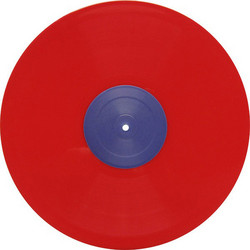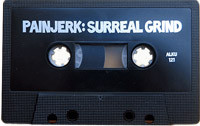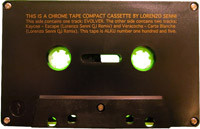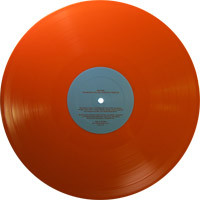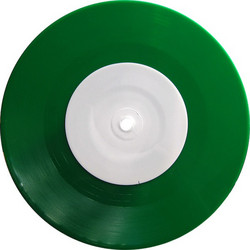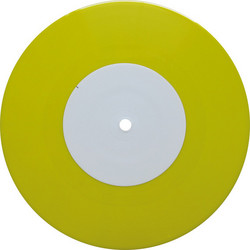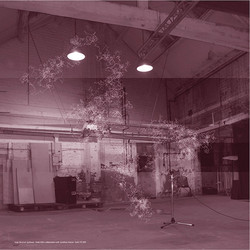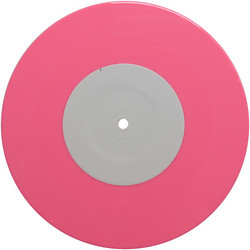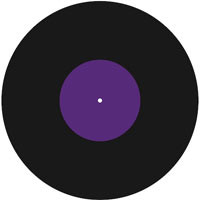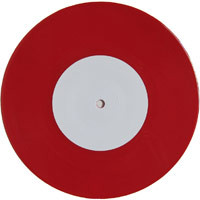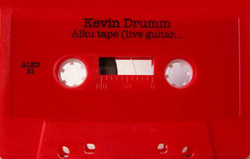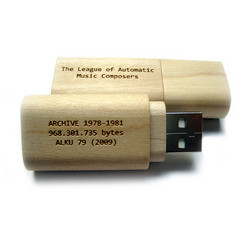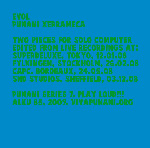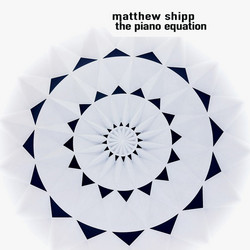Binaural recording of Van der Heide's homonymous installation, in which a horizontal plane of pneumatic valves is used to produce wind, pressure and sound, thus creating a continuum between rhythmical perception of sound, spatial perception of sound and the perception of pitch.
In the installation Pneumatic Sound Field a continuum is being created between rhythmical perception of sound, spatial perception of sound and the perception of pitch. A horizontal plane of pneumatic valves is used to produce wind, pressure and sound. The result is a breathing sound environment above the audience.
Acoustical sound consists of temporary pressure changes traveling through the atmosphere of the air around us. While loudspeakers most often use moving membranes to produce these pressure changes in Pneumatic Sound Field compressed air is being used to produce acoustical sound. The compressed air is connected to very fast controllable pneumatic valves that release the pressurized air in the 'open' air. This results in a controllable pressure change in the atmosphere around the valve. Because the compressed air has always a higher pressure than the atmosphere not only sound is being produced but also a bit of wind. The result can be seen as wind that contains sound.
Pneumatic Sound Field consists of a grid of 7 x 6 (= 42) independently controllable discrete valves with a total width of about 10 meters and a total depth of about 20 meters. Sound traverses this field with differing speeds, directions, and intensities. The patterns are created in a generative way and are related to spatial movements of wind. These patterns are following each other up or happening simultaneously resulting in different developments, densities and spatial interferences. The audience is challenged to determine their own position within this environment.
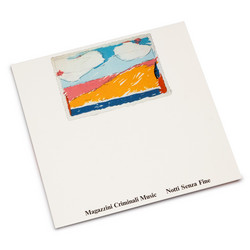
![data-cosm [n°1]](https://cdn.soundohm.com/data/products/2026-02/ikedda-data-cosm-1-jpeg.jpeg.250.jpg)
